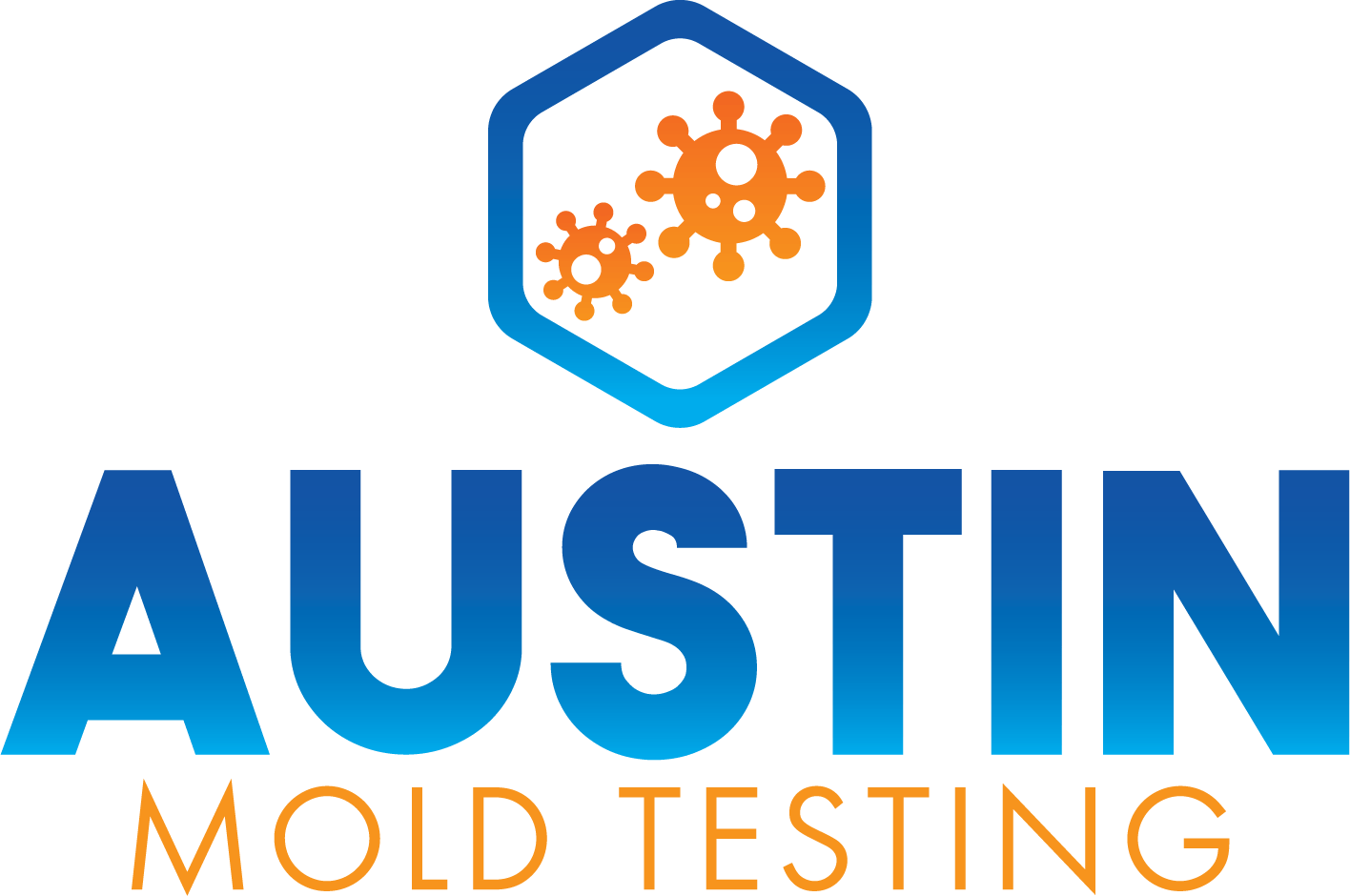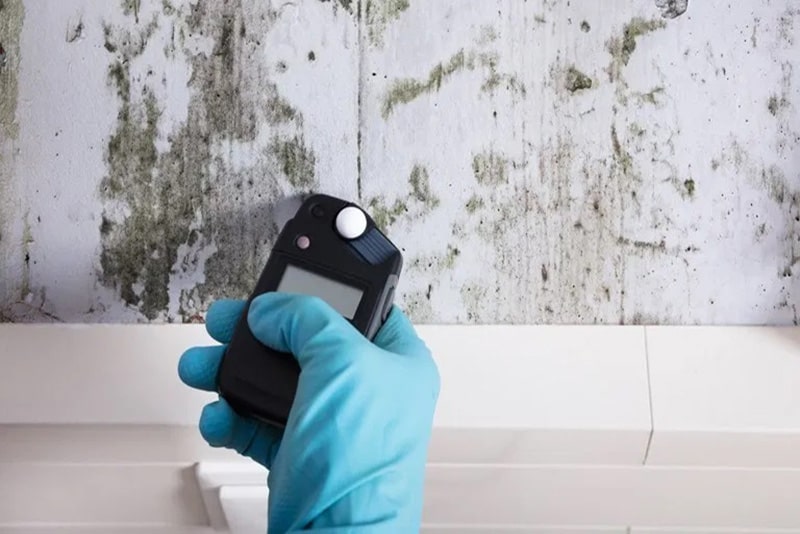Getting your house tested for mold typically involves the following steps:
Assessment: Start by assessing the areas of your home where mold growth is suspected or
where moisture problems have occurred. Common areas include bathrooms, kitchens,
basements, attics, and areas with water damage or leaks.
inspection of your home. These professionals have the training, expertise, and equipment to
identify mold growth, assess the extent of the problem, and recommend appropriate
remediation actions.
Air Sampling: Mold spores are airborne and can be present even if no visible mold growth is
observed. Air sampling involves collecting air samples from different areas of your home to
measure the concentration of mold spores. This method can help determine if mold levels are
elevated and if further action is necessary.
Surface Sampling: Surface sampling involves collecting samples from visible mold growth or
suspected moldy surfaces using swabs or tape. These samples are then analyzed to identify the
types of mold present and determine the extent of contamination.
Laboratory Analysis: Samples collected during testing, whether through air sampling or surface
sampling, are typically sent to a certified laboratory for analysis. A microbiologist will examine
the samples under a microscope or use other techniques to identify the types of mold present
and assess the severity of the problem.
Interpretation of Results: Once the testing is complete, you’ll receive a report detailing the
findings and recommendations. If mold is identified, the report may include information on the
types of mold present, the extent of contamination, and recommended remediation steps.
Remediation: If mold is found in your home, it’s essential to take prompt remediation action to
address the problem. Depending on the extent of the contamination, remediation may involve
cleaning, removal of mold-infested materials, moisture control measures, and addressing any
underlying water leaks or moisture issues.
It’s important to note that mold testing should be conducted by qualified professionals to
ensure accurate results and proper interpretation. If you suspect mold growth in your home,
consider consulting with Austin Mold Testing to assess the situation and recommend
appropriate actions.

